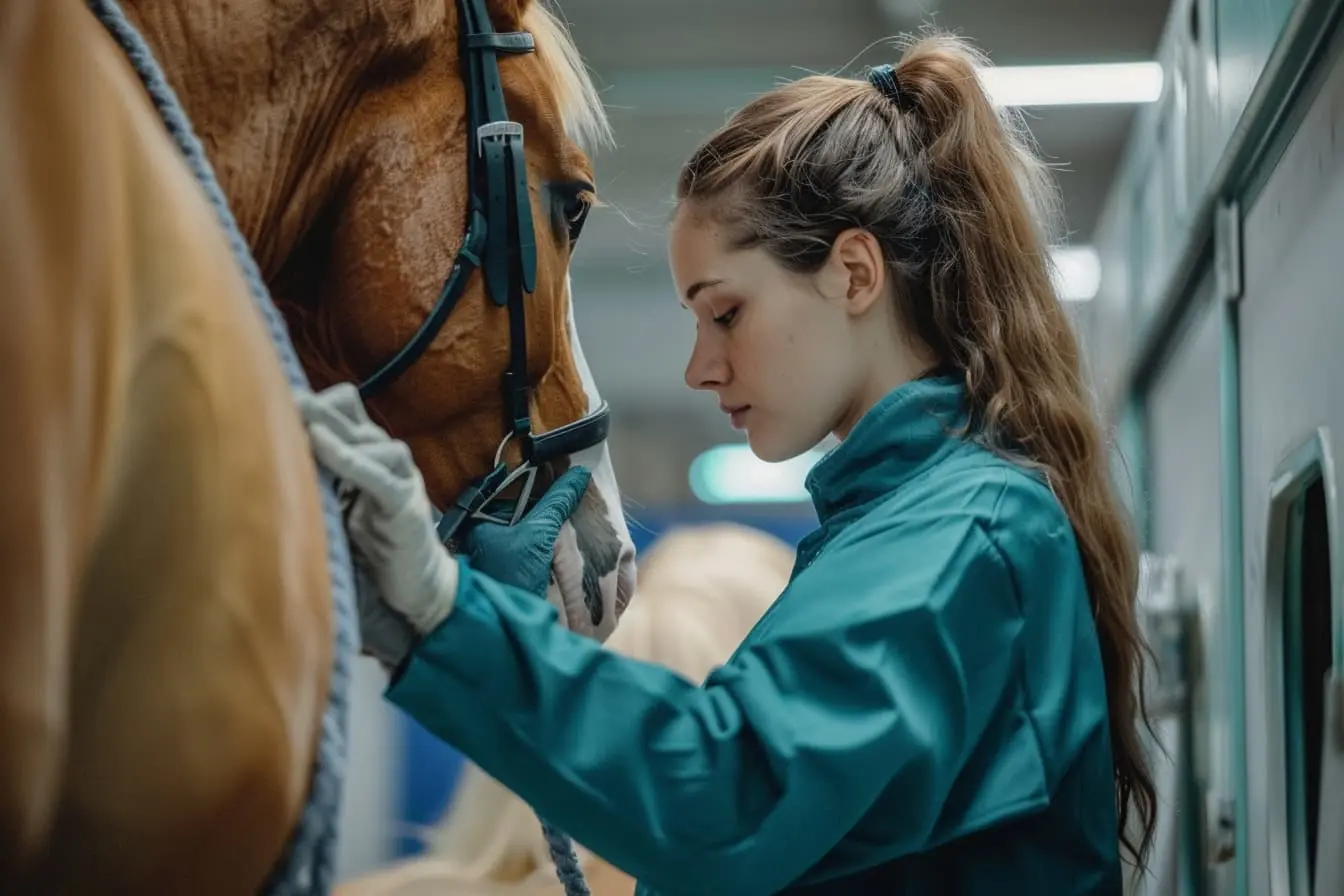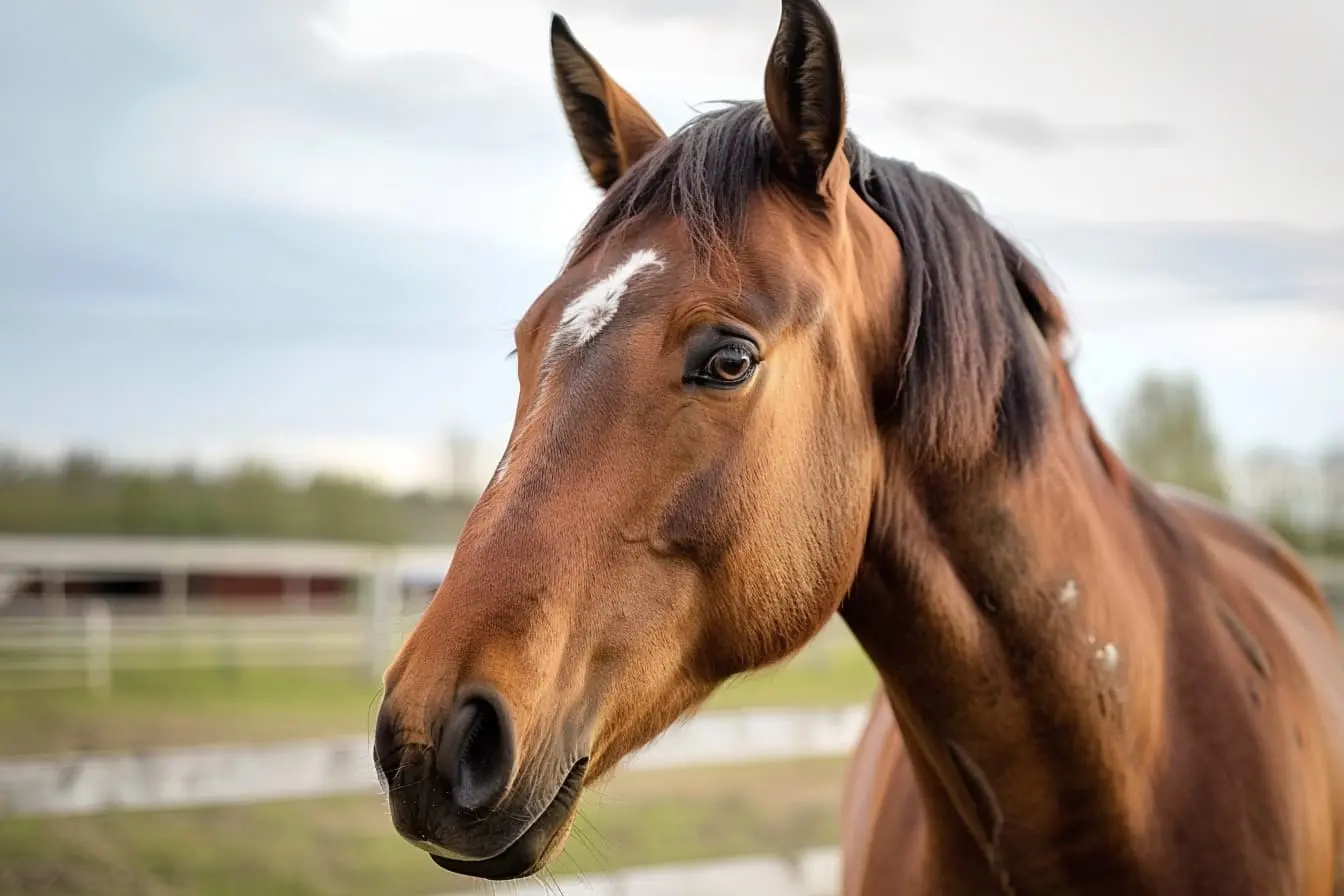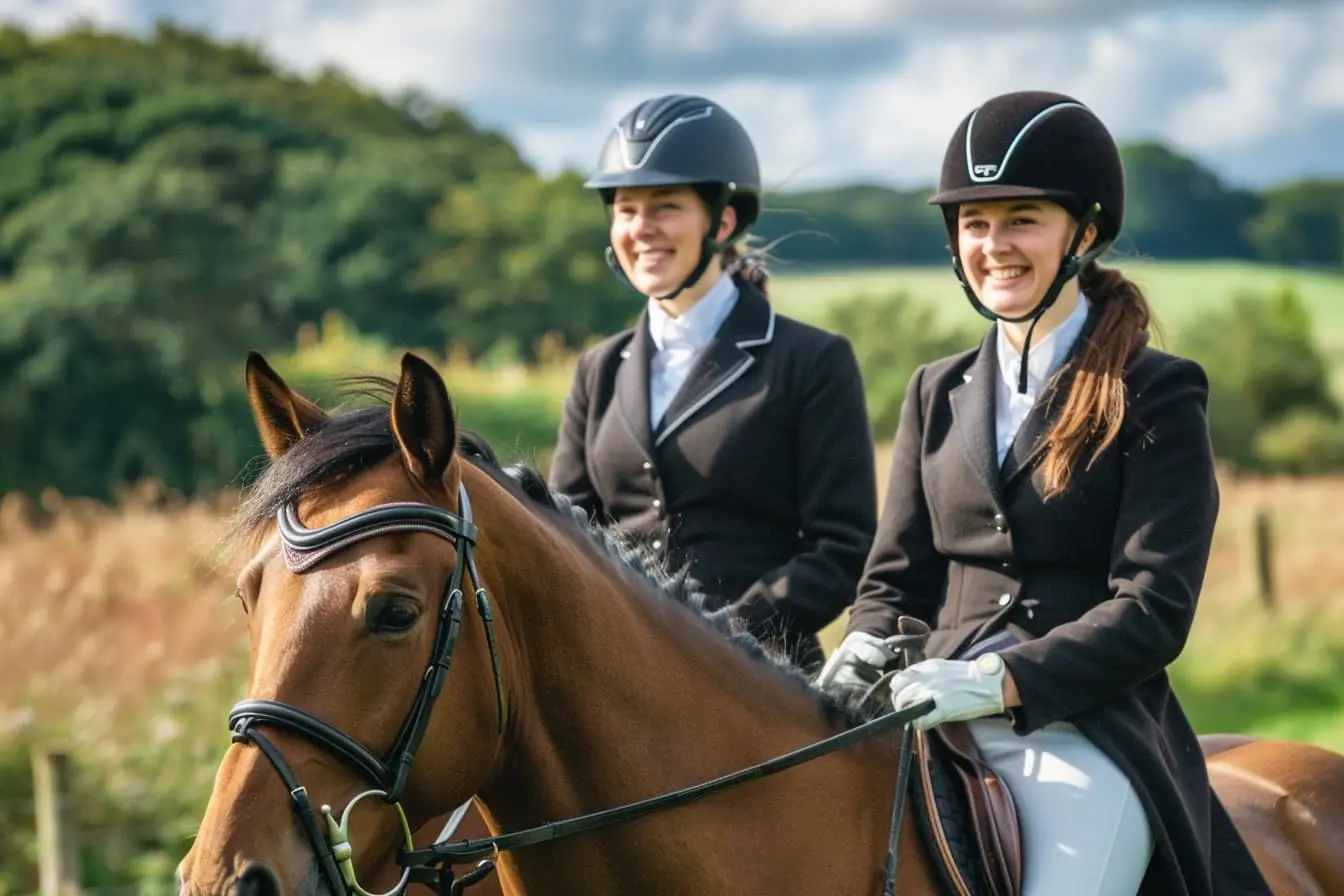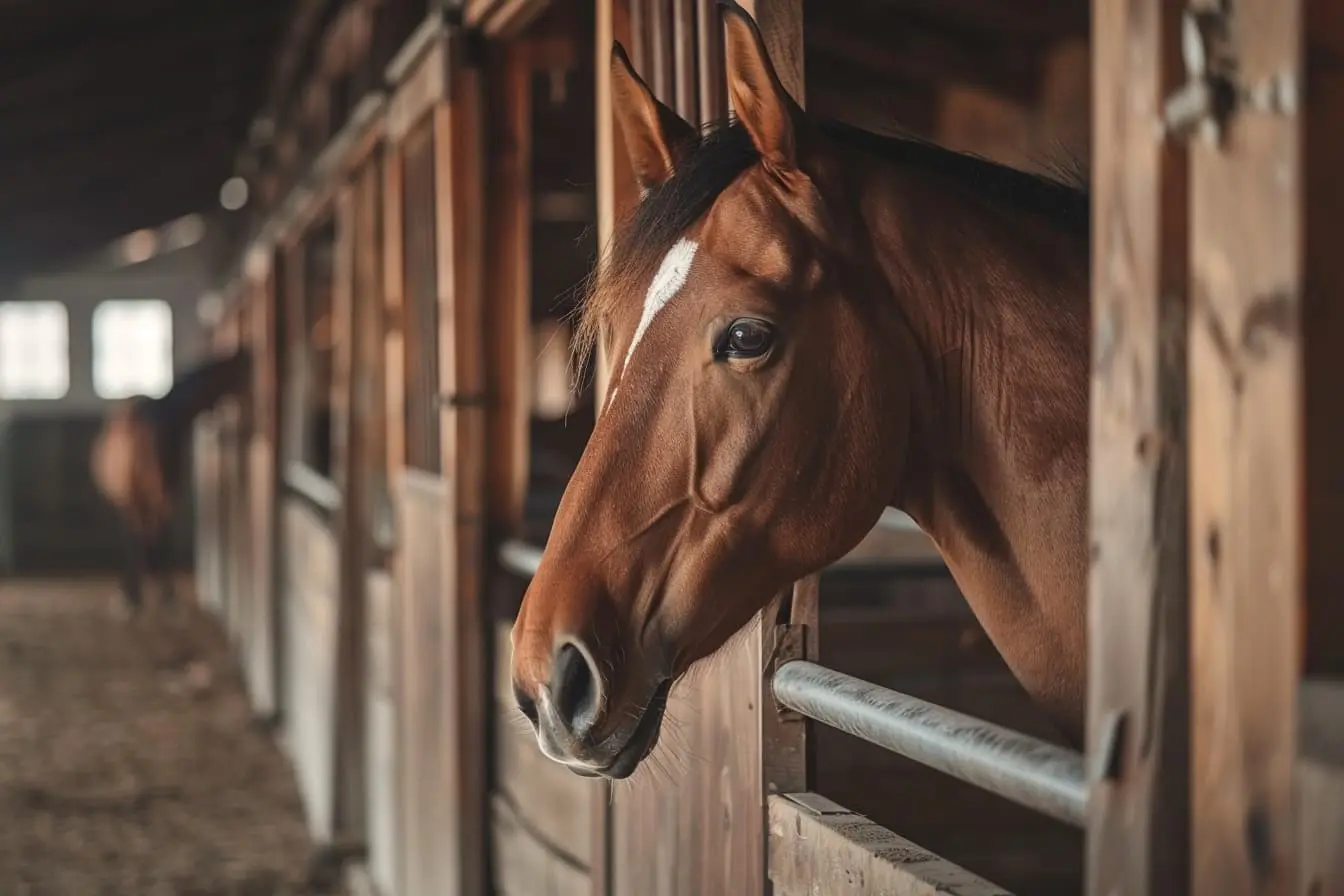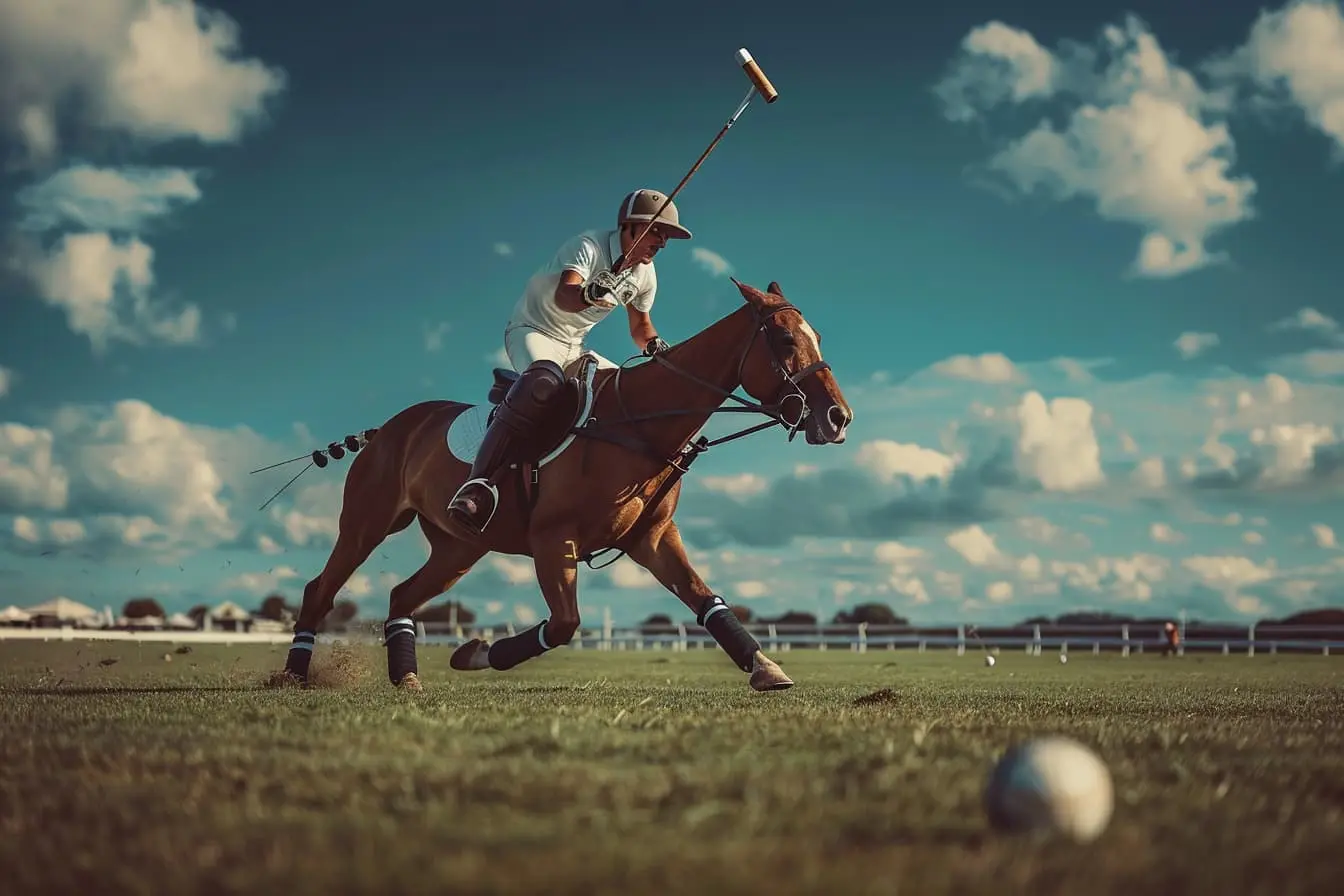
Polo in the UK: A Beginner's Guide to the Sport of Kings
Polo, often referred to as the "Sport of Kings," is a captivating team sport played on horseback, combining the complexities of horsemanship with the thrill of ball sports. For those new to horses or the United Kingdom, diving into the world of polo can be an enriching experience that offers insight into a tradition steeped in history, skill, and elegance. This guide aims to introduce beginners to the fundamental aspects of polo in the UK, from its rich history and rules to how you can get involved, whether as a spectator or a participant.
The Origins and History of Polo in the UK
Polo has ancient origins, with its roots tracing back over two millennia in Persia. It spread across Asia, becoming a training game for cavalry units. The modern form of polo began to take shape in India, and it was from here that the British tea planters and army officers introduced it to the UK in the 19th century. The first official polo club in Britain, the Hurlingham Club, was established in 1874, laying down the rules that would become the foundation of the sport as we know it today.
Understanding the Game
Polo is played on a large grass field, officially 300 yards long and 200 yards wide, making it one of the largest fields in organised sport. Each team consists of four players, each mounted on a horse. The objective is simple: to score goals by hitting a small, hard ball into the opposing team's goal using a long-handled mallet. Matches are divided into periods known as "chukkas," which are seven minutes long. A standard game consists of four to eight chukkas, offering a dynamic and physically demanding challenge for players and horses alike.
Equipment and Horses
The equipment for polo is designed with both functionality and safety in mind. Players wear helmets, boots, and knee guards, along with a jersey representing their team. The most distinctive piece of equipment is the polo mallet, with its long shaft and rounded head, used to hit the polo ball.
Polo ponies, as the horses are traditionally called regardless of their size, are at the heart of the sport. They are selected for their agility, speed, and temperament, with thoroughbreds being particularly prized for their endurance and quick acceleration. The bond between player and horse is crucial, with training focused on developing the horse's ability to respond to the player's commands quickly and accurately.
How to Get Involved
Polo in the UK is accessible at various levels, from spectating at high-profile matches to taking polo lessons at a local club. The summer season is the peak time for polo, with tournaments and matches taking place across the country, including the prestigious Gold Cup and the Queen's Cup. These events offer a fantastic opportunity to experience the excitement of polo first-hand and appreciate the skill of the players and the beauty of the ponies in action.
For those looking to play, many clubs offer introductory lessons and memberships for beginners, providing all the necessary equipment and instruction to get started. Polo lessons cover riding skills, mallet use, and understanding the rules and strategies of the game. It's a unique way to improve fitness, coordination, and teamwork skills, all while enjoying the great outdoors and the companionship of these magnificent animals.
The Social Aspect
Polo in the UK is not just about the sport; it's also a social occasion. Matches are often accompanied by picnics, afternoon teas, and social gatherings, making it a perfect way to spend a summer's day with family and friends. The polo community is welcoming and diverse, offering a fantastic way to meet new people and immerse yourself in a sport that celebrates tradition, skill, and sportsmanship.
In Conclusion
For newcomers to horses in the UK, polo offers a fascinating window into a world of tradition, excitement, and camaraderie. Whether you're watching the high-speed action from the sidelines or taking up the mallet yourself, polo provides a unique blend of sport and culture that is sure to captivate and inspire. So why not explore the world of polo? Who knows, it might just be the beginning of a new passion.
Vets near you
Speciality vets
- Aquatics vet specialists
- Birds vet specialists
- Camelids vet specialists
- Cats vet specialists
- Cattle vet specialists
- Deer vet specialists
- Dogs vet specialists
- Equines vet specialists
- Exotic vet specialists
- Goats vet specialists
- Pigs vet specialists
- Poultry vet specialists
- Sheep vet specialists
- Small Mammals vet specialists
- Wild vet specialists
Vet facilities
- Accessible by public transport
- Blood testing
- Car park nearby
- Client car park
- Dentistry
- Diagnostic imaging
- Disabled public access
- Flea and worm treatments
- Microchipping
- Mobile services
- Neutering
- Open at weekends
- Out-of-hours service
- Referral interests
- Referrals only
- Street parking outside
- Toilets available
- Vaccinations
